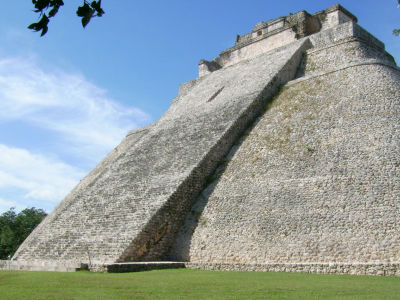Polynesians may have reached Antarctica more than 1000 years before Europeans 'discovered' Antarctica

It is generally said that
Full article: A short scan of Māori journeys to Antarctica
https://www.tandfonline.com/doi/full/10.1080/03036758.2021.1917633
New Research Shows Māori Traveled to Antarctica at Least 1,000 Years Before Europeans
https://www.sciencealert.com/who-were-the-first-people-to-visit-antarctica-researchers-map-maori-s-long-history-with-the-icy-continent
Antarctica was likely discovered 1,100 years before Westerners'found' it | Live Science
https://www.livescience.com/indigenous-people-discovered-antarctica.html
People have long imagined the existence of Antarctica, and the ancient Greeks named the imaginary continent 'Antarktikos', thinking that there was an 'unknown continent' in the Southern Hemisphere from around the 2nd century. Later, European explorers confirmed the existence of Antarctica around 1820.
However, a paper published by Priscilla Wehi's research team at the New Zealand Institute for Environmental and Biodiversity, Manaaki Whenua Landcare Research , may not have been the first in human history to discover Europeans. Is shown. The research team analyzed historical materials not published in peer-reviewed journals and folklore and crafts inherited by the Maori people, and investigated folklore that seems to be related to Antarctica.

The research team's treatise features a voyage story by captains and sailors called 'Hui Te Rangiora, ' which is reported by several Maori groups. The story is believed to date from the early 7th century, when Hui Te Rangiora and his colleagues discovered ' Te Ivi o Atea' more than 1000 years before Europeans discovered Antarctica. It is said that he sailed far south on a ship called '. 'Probably they were the first people to look at the Southern Ocean and Antarctica,' the research team points out in the treatise.
In a 1899 report by folklore scholar Percy Smith writing Maori folklore, Hui Te Rangiora and his colleagues '
The research team states that the voyage of Hui Te Rangiora is part of the history of the Maori and is documented in the sculpture. The Maori settled in New Zealand in the 13th and 14th centuries, so Hui Te Rangiora sailed when the Maori people lived in Polynesia.

While this finding may not be new to the Maori people, the research team said, 'The relationship between the minority and underestimated groups and Antarctica is not well documented in the research literature. , Not allowed. '
In 1840, a Maori man named Te Atu saw the Antarctic coast as a member of an American expedition, and Maori people medically and built European explorers from the late 19th century to the early 20th century.・ It was pointed out that it has been supported by specialized knowledge such as science. Many Maori people are participating in the New Zealand Antarctic research project at the time of writing the article, and the research team hopes that Maori will participate further.
'Maori participation in voyages and expeditions to Antarctica continues to this day, but is rarely emphasized or acknowledged,' said Wehi. 'Increasing Maori Antarctic Scientists and Incorporating Maori Perspectives So, the depth of New Zealand's research programs will increase, and eventually the protection and management of Antarctica will increase. '
Related Posts:
in Note, Posted by log1h_ik







